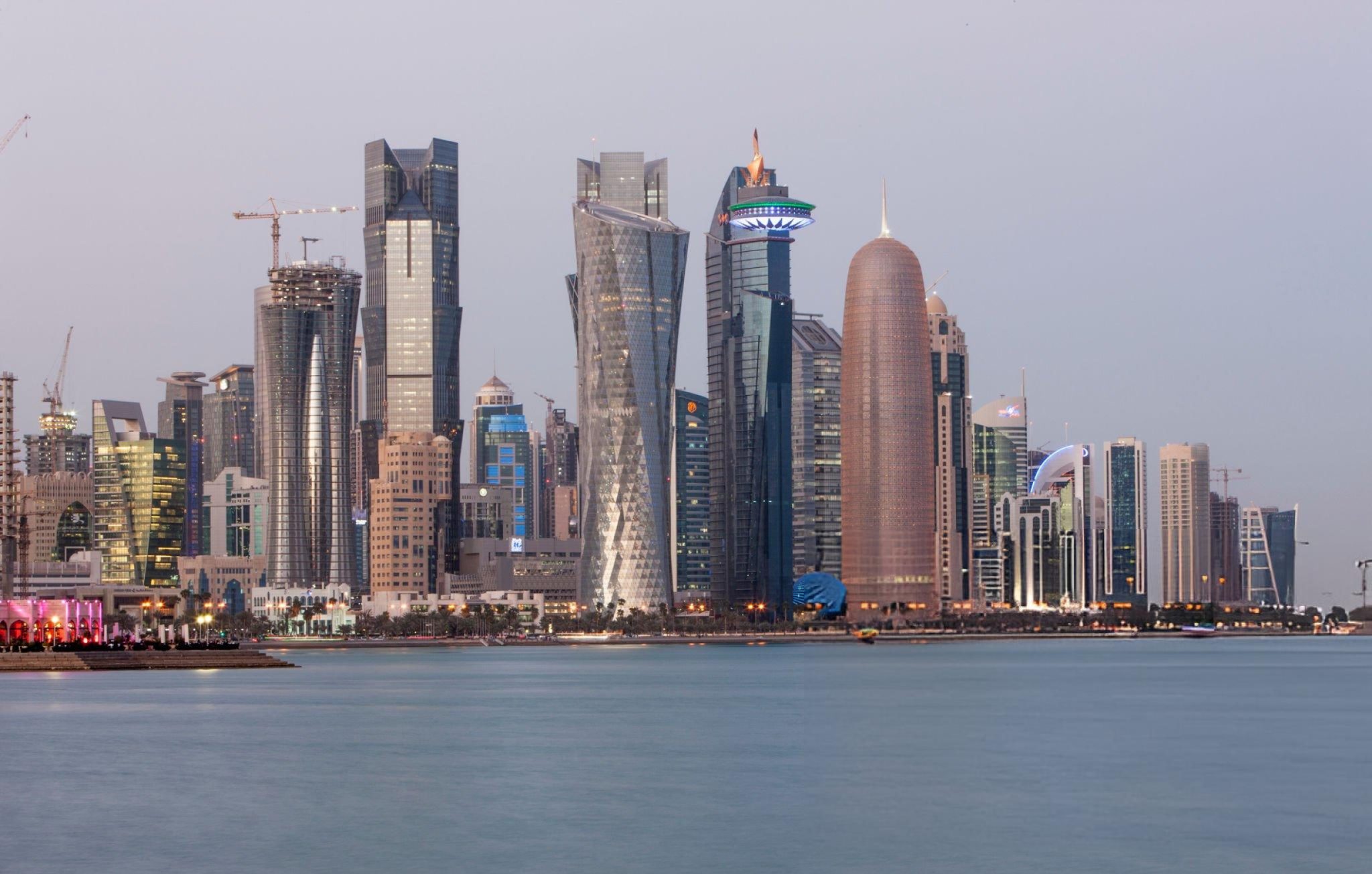The Prime Minister of Qatar, Mohammed bin Abdulrahman Al Thani, has expressed optimism about the potential for a deal between Israel and Hamas following the election of Donald Trump as the next U.S. President. Speaking to the press, Al Thani revealed that Qatar had been encouraged by Trump’s efforts to broker a ceasefire in Gaza before officially assuming office, suggesting that a window of opportunity for peace talks could be opening.
The Qatari Prime Minister acknowledged that Doha’s role in the ongoing Israeli-Palestinian conflict, particularly its relationship with Hamas, has attracted international scrutiny. Several countries have called for Qatar to expel Hamas leaders from its territory, given the group’s designation as a terrorist organisation by Israel and the U.S. However, Al Thani challenged the rationale behind these demands, questioning, “Who is going to engage with them in resolving the conflict?” His statement reflects Qatar’s position that dialogue with all parties is crucial to achieving long-term peace in the region.
Trump’s efforts to broker peace
Al Thani’s remarks come at a time when international attention is once again focused on the volatile situation in Gaza. In recent months, the region has seen escalations between Hamas and Israel, which have resulted in significant loss of life and further entrenched the divide between the two sides.
The incoming U.S. administration, under Donald Trump, has placed a strong emphasis on achieving a ceasefire and fostering negotiations between Israel and Hamas. During his election campaign, Trump pledged to take a more active role in Middle Eastern diplomacy, and his team has already begun efforts to bring both sides to the table.
According to Al Thani, Qatar views Trump’s approach with cautious optimism, noting that the U.S. President-elect’s willingness to address Gaza was a positive sign. “We are encouraged by President-elect Trump’s efforts to mediate in Gaza, and we believe his leadership could play a critical role in bringing about a ceasefire,” Al Thani remarked. His comments suggest that Qatar is keen to support any genuine effort to end the violence, but it also underscores the complexities of navigating peace talks in such a fractious environment.
Qatar’s role in middle eastern diplomacy
Qatar has long positioned itself as a mediator in regional conflicts, particularly through its influence in Gaza. The Gulf state has provided financial and political support to Hamas, despite criticism from Israel and the West. Doha maintains that its engagement with Hamas is necessary for peace, given the group’s significant influence in Palestinian politics.
The presence of Hamas leadership in Qatar has been a point of contention for many countries in the region, especially Egypt and Saudi Arabia, who view the group’s actions as destabilising. However, Qatar has rejected calls to expel Hamas members, arguing that their removal would only make it harder to address the ongoing humanitarian crisis in Gaza.
Al Thani made it clear that Qatar believes in the importance of direct engagement with all parties involved, even those deemed adversaries by other nations. “It is essential to have the key players involved in the conversation,” he said. “Without dialogue, there will be no resolution.”
The Qatari Prime Minister’s stance represents a broader Middle Eastern diplomatic divide, where some countries, particularly those in the Gulf, advocate for engagement with Hamas as part of a broader strategy to promote peace, while others seek to isolate the group in the hope of weakening its power.
International response and regional tensions
Al Thani’s comments come amid growing tensions in the region. Several nations have criticised Qatar’s relationship with Hamas, and there are ongoing calls for the country to align more closely with the U.S. and its allies, who view Hamas as a terrorist organisation. In recent years, Qatar has faced increasing pressure from the international community to distance itself from groups with links to extremism.
Despite this, Qatar has continued to assert its right to support Palestinian resistance movements, positioning itself as a champion of Palestinian rights and a key player in the broader Middle Eastern peace process. However, its relationship with Hamas has complicated its diplomatic standing, especially as many Western nations, as well as Israel, have strongly condemned the group’s activities.
Future prospects for peace talks
Looking ahead, the prospects for peace between Israel and Hamas remain uncertain. While both sides have expressed a desire for a ceasefire at various points in the past, achieving lasting peace in Gaza requires significant compromises from all parties involved. As the Trump administration prepares to take office, it remains to be seen how Qatar’s diplomatic efforts will intersect with those of the U.S., Israel, and other regional players.
For now, Qatar remains committed to its role as a mediator, despite the pressures it faces on the international stage. With Donald Trump’s imminent entry into office, the coming months may offer new opportunities for diplomatic breakthroughs, but they may also intensify the already complex geopolitical dynamics in the region. Al Thani’s comments highlight the challenges that lie ahead, as Qatar continues to navigate its delicate position between regional diplomacy and the pursuit of peace in Gaza.







